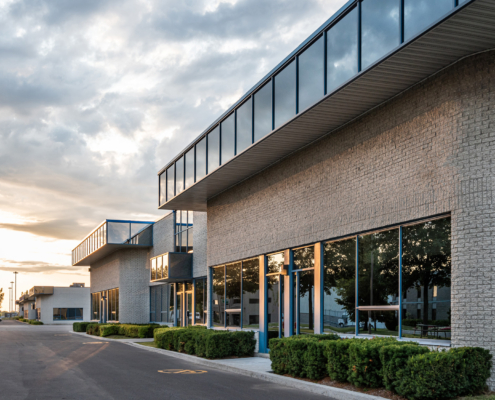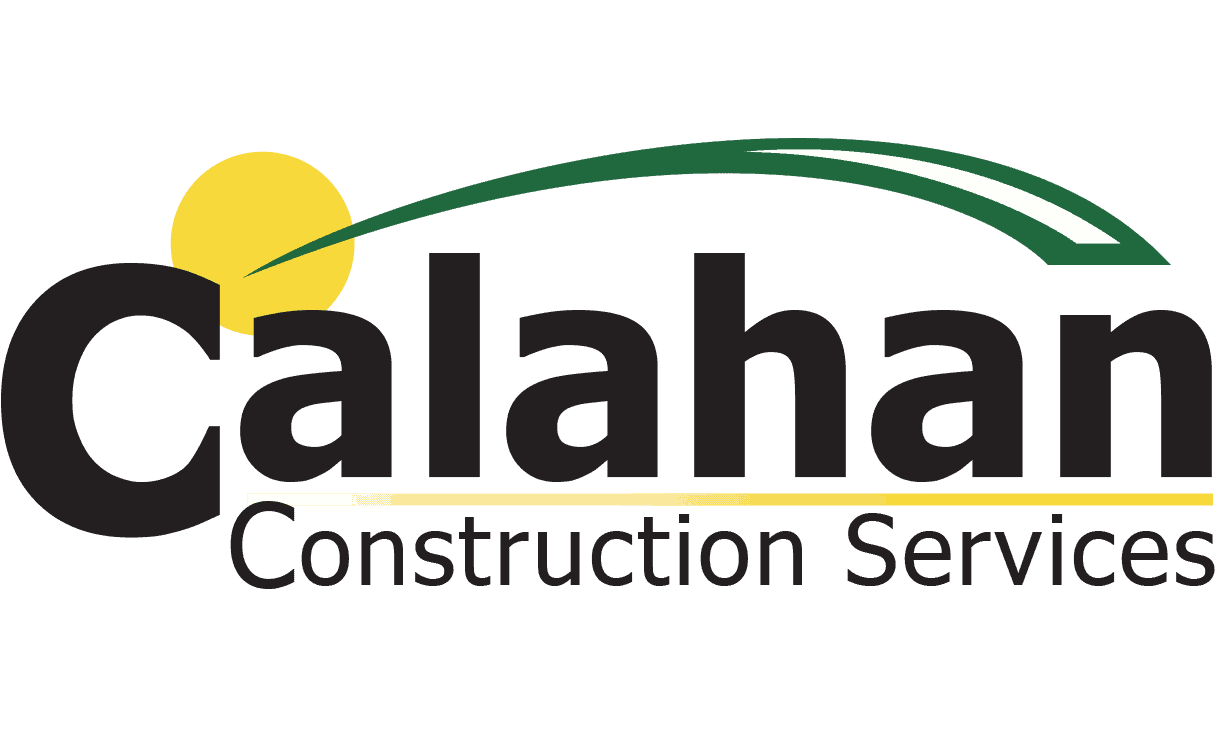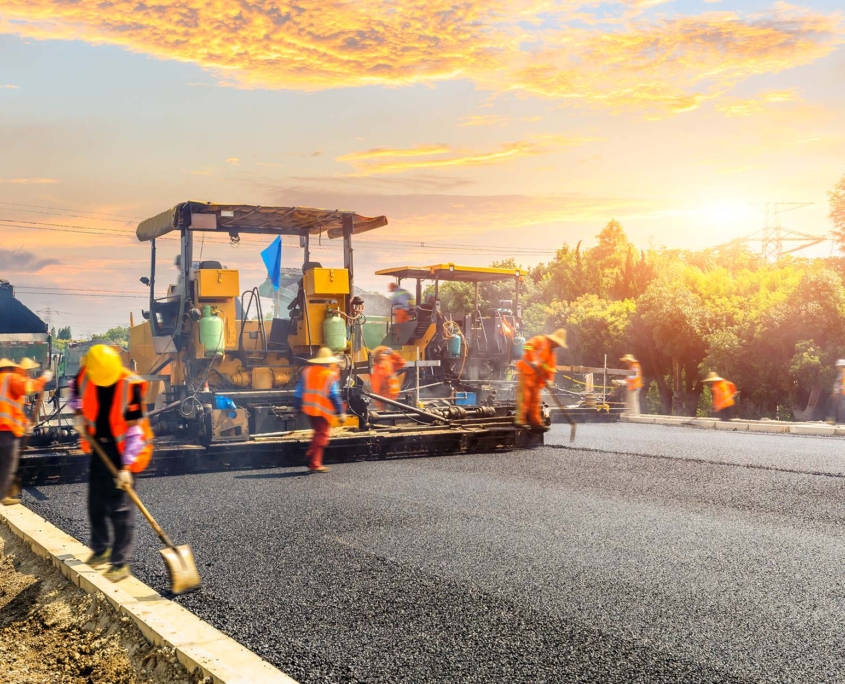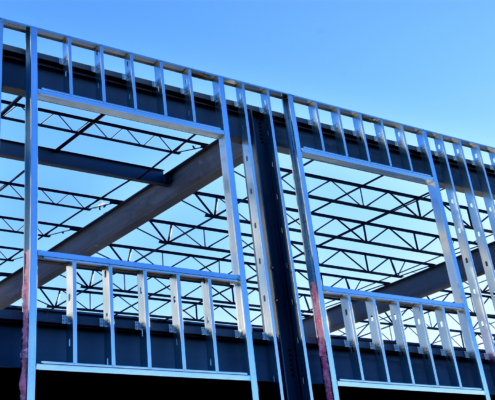 https://www.calahan.com/wp-content/uploads/2025/06/Questions-to-Ask-When-Considering-Commercial-Addition-Planning.jpg
1250
2000
AbstraktMarketing
/wp-content/uploads/2021/02/ccs_logo_full.png
AbstraktMarketing2025-06-12 14:39:562025-07-04 14:26:56Questions to Ask When Considering Commercial Addition Planning
https://www.calahan.com/wp-content/uploads/2025/06/Questions-to-Ask-When-Considering-Commercial-Addition-Planning.jpg
1250
2000
AbstraktMarketing
/wp-content/uploads/2021/02/ccs_logo_full.png
AbstraktMarketing2025-06-12 14:39:562025-07-04 14:26:56Questions to Ask When Considering Commercial Addition Planning Road Work Ahead: Navigating the Nuances of Transportation Construction
Transportation construction refers to the building of roads, highways, surfaces, and embankments not related to any residential use. Continue reading to discover:
- The unique qualities of transportation construction
- Emerging trends impacting the building process
- How to find a qualified provider for transportation construction
Understanding Transportation Construction
Building projects in the transportation sector tend to be larger and more complex than their standard construction counterparts. Because government agencies contract most new transportation builds, there’s an extra layer of regulatory compliance you’ll need to meet.
Another challenge is the variety of building projects in the transportation sector, which includes but is not limited to:
- Aviation construction
- Railway and train station projects
- Roadway and highway builds
- Auto dealership construction
- Canals and shipping routes
- Terminals and bus stops
- Parking structures
Because of the variety of procedures in transportation construction, contractors should stay up to date with new developments in construction practices and materials.
Transportation Technology Trends Impacting Construction Projects
Developments in technology not only affect the composition and utilization of roads, but also the building process. Take a look at a few emerging trends that have the potential to affect transportation construction.
Transportation Construction Automation Increases Productivity
Given the significant amount of manual labor needed to build roads, automation is a promising opportunity to improve productivity in an otherwise low-margin industry.
For example, developments in surveying technology can process multiple data sources, enabling contractors to visualize the entire lifecycle of a road and optimize its performance. Additionally, the use of 3D machine-controlled excavation systems serves as a proxy to determine the effectiveness during the latter stages of road construction.
These systems combine geolocation services with digital renderings to automate your construction site, reducing project timelines and overall costs.
Autonomous Vehicles Enable Narrower Lanes
By 2035, approximately 15% of light vehicles are expected to be fully autonomous. By eliminating human errors, driving precision is anticipated to increase dramatically. This higher accuracy could eliminate the need for wide lanes.
Currently, lanes are purposely built larger than the width of cars, anywhere from 11.5 to 12 feet. However, the width of future lanes could be reduced to 9.5 feet while still accommodating passenger cars and heavy-duty trucks. Roads dedicated exclusively to passenger cars could have lanes as narrow as 9 feet, making four-lane roads up to 13 feet thinner than they are today
Digitization Leads to Optimization
Up until five years ago, road design rarely used any form of digitization or analytics. However, these technologies are slowly finding their place in transportation construction. Sensors are entering the market with the purpose of measuring and guiding road conditions. These sensors can communicate surface conditions to autonomous vehicles, enabling cars to adapt their driving to accommodate external factors, such as:
- Snow
- Rain
- Temperature
- Friction levels
- Ice
Other types of sensors can be used for predictive maintenance to increase the operational time of roads while reducing costs and frequency of road closures.
Improved Transportation Construction Materials
Another emerging trend in transportation construction is an increased focus on building durable roads. A popular method to increase road durability is incorporating alternative materials such as plastic into asphalt mixes. This construction method can make roads up to 60% stronger than conventional asphalt roadways, so they’re better suited to accommodate more vehicles. In the future, existing roadways will likely also have to undergo refurbishment to meet this new demand. Since these upgrades are limited to a road’s top-most layers, they are cheaper than building a new road from scratch.
The success of your transportation construction project is heavily based on the quality of your general contractors. Transportation is an inherently unique industry compared to other construction methods, and you want to ensure your prospective partner is capable of delivering a high-quality result.
Have a new building project on the horizon? Don’t overlook the five most important construction trends of 2022!
How To Find a Contractor Capable of New Transportation Builds
One of the most prominent ways steel structures reduce energy usage is through specialized spray insulation. During construction, your general contractors apply layers of high-performing insulation inside your building. They’ll focus on filling any gaps, alleviating the chances of air escaping from your facility. This helps retain warm air in the winter, reducing the stress placed on your heating systems.
Experience
For any type of construction, the best indicator of future success is past success. When you’re meeting with potential contractors, ask what recent transportation builds they’ve completed. They should be able to provide examples of recent jobs and explain how they’ll draw from their past transportation projects to complete yours effectively and efficiently.
Case Studies
If your prospective contractor claims to have experience in transportation construction, they should also have specific case studies to back it up. During the initial phases, be sure to ask for their project portfolio. This will give you a good idea of the quality of work they deliver.
Another critical step in narrowing down transportation construction companies is seeing how previous clients feel about their service. First-hand reviews give you an accurate depiction of how a business operates. Research testimonials from past customers to gain an understanding of the company’s:
- Quality of workmanship
- Collaborative approach
- Ability to overcome obstacles
- Customer service and communication channels
Evaluating these responses helps you establish a baseline between each potential provider.
Proper Certifications
Another critical step that shouldn’t be overlooked is confirming that your contractors are licensed to work on transportation builds. Colorado jurisdiction prohibits contractors from working on transportation projects without a license, as they’re a liability that lacks the experience required to deliver a safe build.
Additionally, you should make sure your contractors have the proper insurance. If your potential provider doesn’t have insurance, you could be held liable for any accidents on the job site. Be sure to partner with a company that has general liability insurance and workers’ compensation. Ask for proof of insurance during the bid process to avoid potential headaches.
Professionalism
It should go without saying that you don’t want to partner with an unprofessional contractor. Transportation construction is a serious endeavor, and in addition to a professional approach, you need a contractor you can trust to deliver satisfactory results.
Colorado’s Trusted Choice for Transportation Construction
For nearly eight decades, Calahan Construction has delivered high-quality construction projects throughout the Front Range. As a full-service contractor, we specialize in several types of builds—including transportation construction.
Have a new roadway project? Partner with the best. Reach out to the experts at Calahan to get started.






